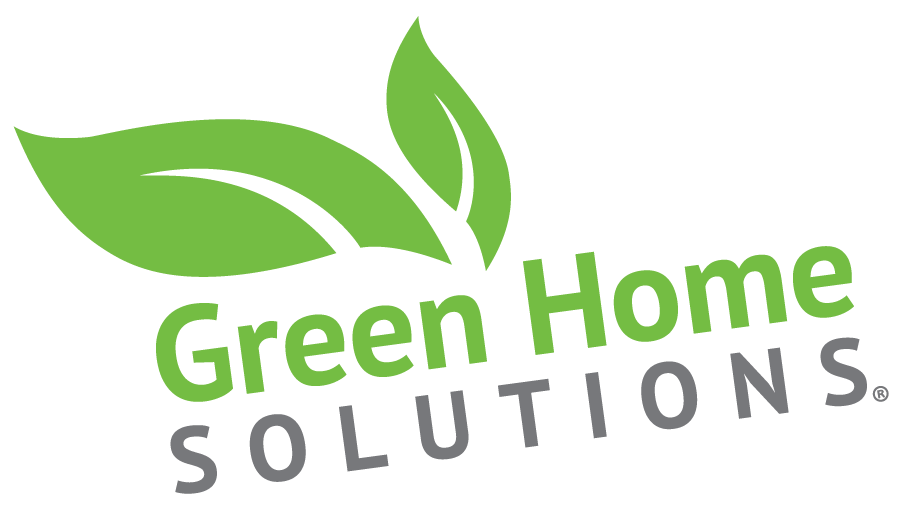Introduction to Mycotoxins
Indoor mycotoxins are hazardous substances produced by molds such as Aspergillus, Penicillium, and Stachybotrys (commonly known as black mold). These toxins can pervade the air, surfaces, and even food in environments where mold has taken hold, posing serious health risks.
Health Risks of Mycotoxin Exposure
Exposure to mycotoxins can result in a range of health issues, particularly affecting respiratory function. Inhaled mycotoxins can cause chronic coughing, wheezing, and throat irritation, exacerbating conditions like asthma and increasing the risk of severe attacks.
Neurological and Immune System Effects
Prolonged exposure to mycotoxins has been linked to neurological symptoms such as headaches, dizziness, and cognitive impairments. Additionally, mycotoxins can weaken the immune system, leaving individuals more susceptible to infections and illnesses, which can be especially dangerous for those with compromised immune systems.
Skin and Long-term Health Concerns
Direct contact with mycotoxin-contaminated surfaces can lead to skin irritation and severe allergic reactions in sensitive individuals. Furthermore, chronic exposure to mycotoxins is associated with serious long-term health consequences, including potential damage to the liver and kidneys, and an increased risk of certain cancers.
Preventive Measures
To minimize the health risks posed by mycotoxins, it’s essential to maintain a dry and well-ventilated home environment. Regular cleaning and disinfection of moisture-prone areas such as bathrooms and kitchens can help prevent mold growth. If mold is present, professional remediation services should be sought for thorough and safe removal. Consider indoor air quality testing to detect mycotoxins and other pollutants, ensuring a healthier living environment for you and your loved ones.
